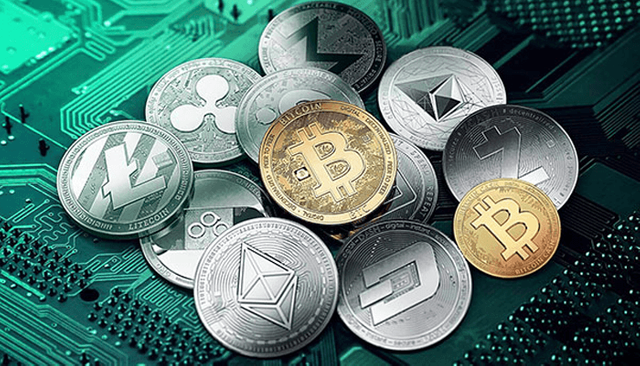What Intellectual Property Considerations Exist with a Token Development Company?
In the ever-evolving landscape of blockchain technology, token development companies play a pivotal role in creating innovative solutions and decentralized applications. As the digital era continues to unfold, safeguarding intellectual property (IP) becomes a crucial aspect of ensuring the success and sustainability of these ventures. In this blog post, we delve into the intellectual property considerations that arise when collaborating with a token development company.
Understanding Token Development
Before we explore the intellectual property nuances, it's essential to grasp the essence of token development. Tokens, often built on blockchain platforms like Ethereum or Binance Smart Chain, represent a unit of value within a decentralized ecosystem. These digital assets can signify ownership, provide access to services, or even serve as a form of currency.
The Intellectual Property Landscape
When engaging with a token development company, various intellectual property considerations come into play. These considerations are multifaceted, encompassing both the technology itself and the broader ecosystem surrounding token development. Here are key areas to focus on:
1. Smart Contracts and Codebase
Smart contracts, the self-executing contracts with the terms of the agreement directly written into code, are the backbone of many blockchain applications. The codebase that underlies these contracts is a critical component of a token's functionality. It is imperative to clarify the ownership and licensing rights associated with the smart contracts and code developed by the token development company.
Developers and businesses must establish clear terms regarding whether the code is open-source, proprietary, or subject to specific licensing agreements. This ensures transparency and prevents disputes over intellectual property rights in the future.
2. Token Design and Branding
The visual representation of a token, including its logo, name, and overall branding, holds significant value in the market. Intellectual property considerations extend to these elements, requiring clear agreements on ownership, usage rights, and potential restrictions.
Token development companies should collaborate closely with clients to establish trademark and branding guidelines, avoiding any infringement on existing intellectual property rights. Additionally, securing trademarks for the token's name and logo enhances protection against unauthorized use.
3. Innovation and Trade Secrets
In the competitive landscape of blockchain technology, innovation is a driving force. Token development companies often bring novel solutions and proprietary technologies to the table. In such cases, safeguarding trade secrets becomes a critical consideration.
Contracts between the client and the token development company should include provisions to protect confidential information and trade secrets. Non-disclosure agreements (NDAs) can play a pivotal role in preventing the unauthorized dissemination of proprietary knowledge.
4. Regulatory Compliance
Navigating the legal landscape surrounding blockchain and cryptocurrency is complex, with regulations varying across jurisdictions. Intellectual property considerations extend to compliance with regulatory requirements, ensuring that the developed tokens adhere to relevant laws.
Token development companies should stay informed about the legal frameworks governing digital assets in the regions they operate. Collaborative efforts with legal professionals can help address potential intellectual property challenges associated with regulatory compliance.
5. Future Developments and Upgrades
The blockchain space is dynamic, with constant advancements and updates. Intellectual property considerations extend beyond the initial development phase to encompass future upgrades and modifications to the token and its underlying technology.
Contracts should include provisions addressing ownership and rights related to future developments. This foresight ensures a clear understanding of how intellectual property rights evolve as the technology progresses.
Conclusion
In the realm of token development, intellectual property considerations are paramount for fostering trust, innovation, and long-term success. Collaborating with a token development company involves navigating a complex landscape of code, design, and legal requirements. Clear and comprehensive agreements, addressing aspects from smart contracts to branding and regulatory compliance, form the foundation for a successful and sustainable partnership.
As the blockchain industry continues to mature, vigilance in protecting intellectual property will remain a cornerstone for businesses and developers alike. By proactively addressing these considerations, stakeholders can cultivate an environment conducive to innovation, collaboration, and the responsible development of groundbreaking blockchain solutions.
